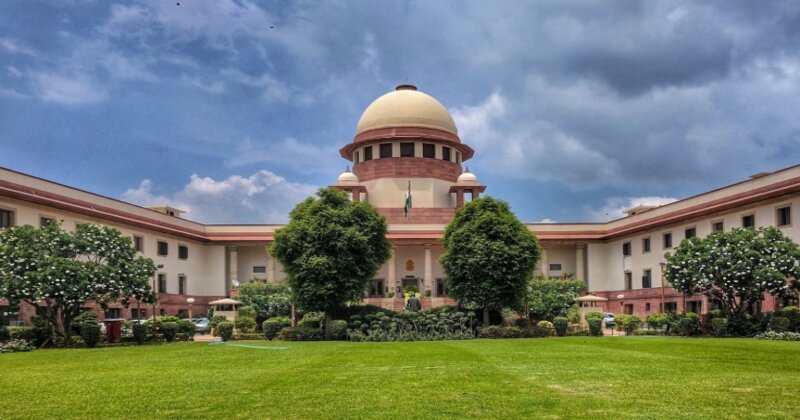
The Supreme Court has dismissed a petition seeking a review of its February 15 ruling that declared the electoral bonds scheme unconstitutional. A five-judge bench, led by Chief Justice DY Chandrachud, found no error in the original verdict, which ordered banks to stop issuing electoral bonds immediately. The review petition, filed by advocate Mathews Nedumpara and another party, was rejected, with the court stating that there was no case for reconsideration under its rules.
In its original decision, the Supreme Court struck down the electoral bonds scheme, citing its failure to meet the constitutional requirements. The court declared certain amendments to the Income Tax Act and Section 29C of the Representation of the People Act to be ultra vires. It also ruled that the Companies Act amendment, which allowed unrestricted corporate political funding, was unconstitutional. The court further directed the State Bank of India (SBI) to stop issuing bonds and to submit details of encashed bonds to the Election Commission (EC), which was then required to make the information public.
The electoral bonds scheme had been challenged by the Association for Democratic Reforms (ADR), the Communist Party of India (Marxist), and other political figures, who argued that the scheme lacked transparency and violated the right to informational privacy. The original judgment had significant implications for political financing in India, as the court emphasized that financial contributions to political parties must remain confidential to protect voters’ rights.

Post Your Comments